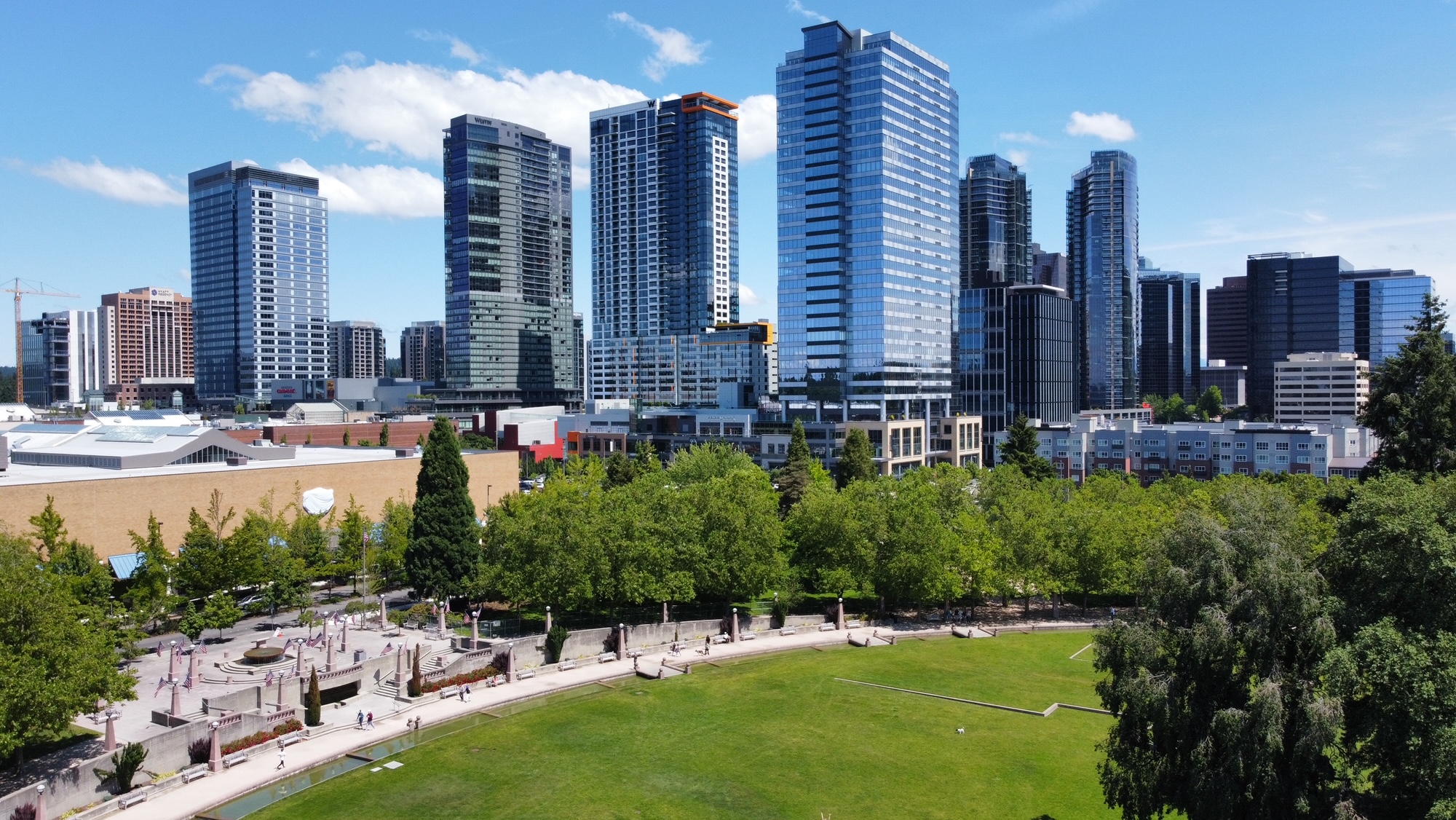
Known for its evolving area of opportunity for recent college graduates, Bellevue ranked third as the best mid-sized city in the United States for starting a career post-college. Due to its thriving tech industry and dedication to preserving a good quality of life, Bellevue stood out among other cities.
Bellevue’s economic strength stood out, especially in its capacity to provide opportunities for college graduates. According to recent studies, Bellevue boasted the highest median income for college grads among mid-sized cities, coming in at $107,998 per year. This salary marked a significant increase from the previous year.
Seattle, Bellevue’s city counterpart, came in fifth place among large U.S. cities for career prospects after college.
Both Bellevue and Seattle demonstrated achievements. Notably, the percentage of residents with a bachelor’s degree ranked them highly within their population categories. 69.9% of Bellevue’s residents held a bachelor’s degree, while Seattle followed closely behind at 65.9%.
Moreover, Bellevue’s commitment to healthcare coverage set a new standard within its population bracket. 85.3% of Bellevue residents had employer-based health insurance, surpassing all of its competitors. Seattle secured the second spot with 77.9% healthcare coverage.
Nationally, the competition was strong, with cities like San Francisco, Atlanta, and Minneapolis having ranked in the top spots among large U.S. cities. Overall, Arlington, VA claimed the title of the best mid-sized city.
CoWorking Cafe categorized the cities into three population sizes: small cities with up to 150,000 residents; large cities with 400,000 or more; and medium cities in between. Scores and rankings indicate a city’s performance as compared to other cities within the same population bracket and are not comparable across different groups.
The study considered 8 metrics. The analysis delved deep into employment opportunities, financial health, and lifestyle quality across U.S. cities.












